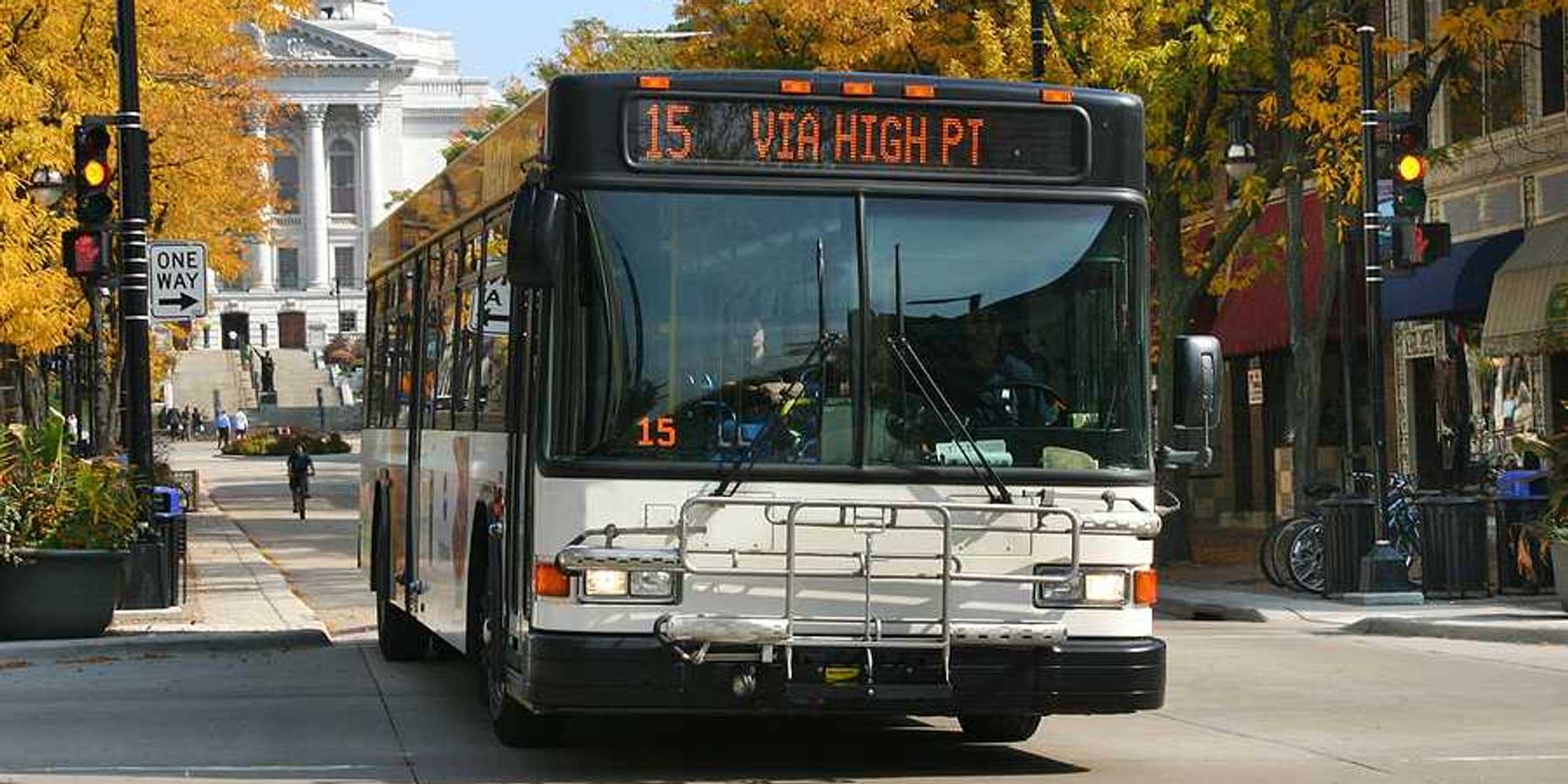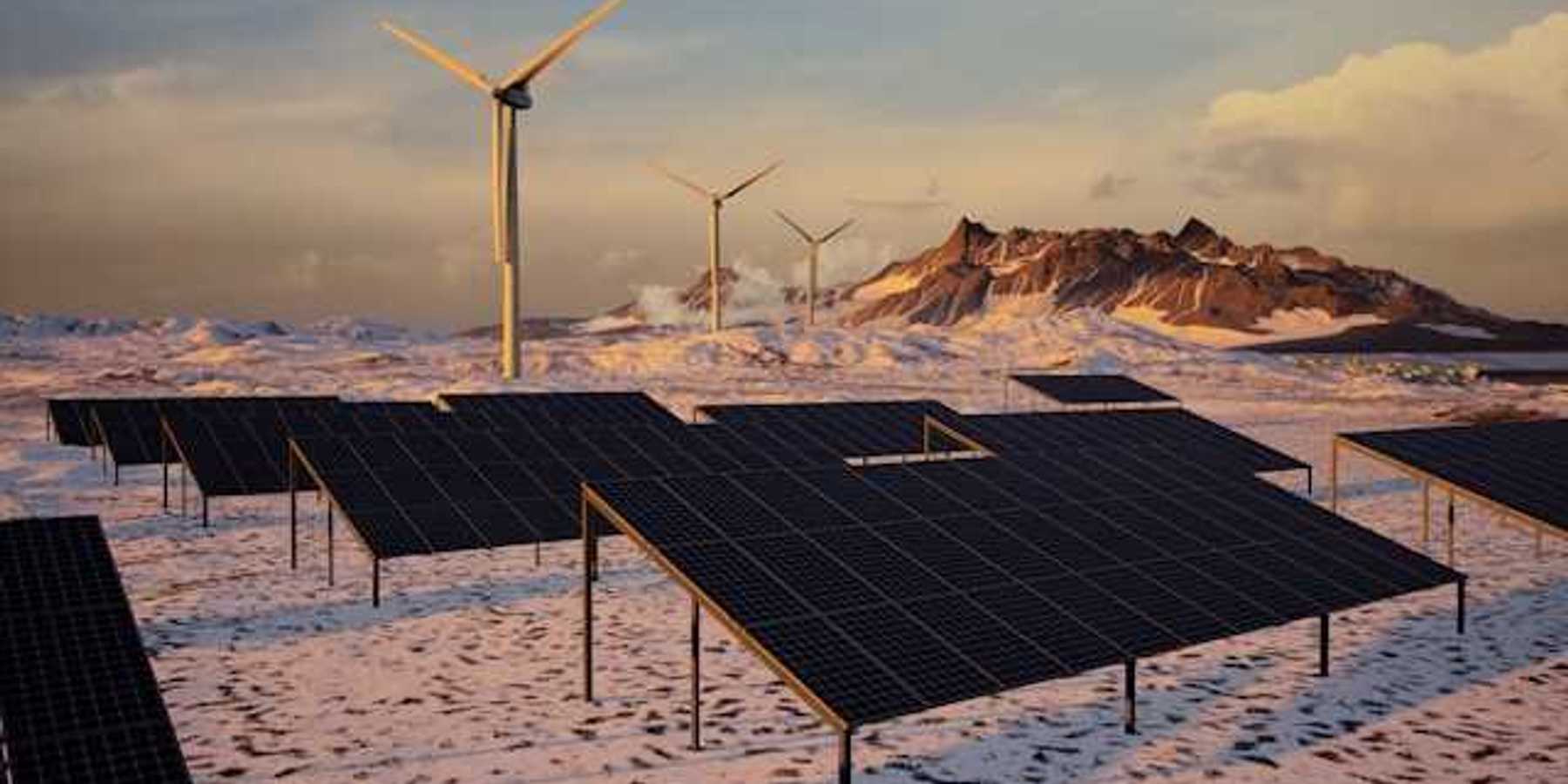Vietnam rethinks water management in the Mekong Delta
Vietnam is taking significant steps to address environmental challenges in the Mekong Delta by adopting nature-based solutions to mitigate land subsidence, saltwater intrusion, and flooding.
Stefan Lovgren reports for Yale Environment 360.
In short:
- Vietnam's new initiatives focus on adapting infrastructure, such as dikes and dams, to work with natural flood cycles rather than against them.
- The region has seen increased international support and funding for projects that promote ecological health and sustainable agriculture.
- Local innovations, like multi-value farming systems that integrate aquaculture with crop production, are being encouraged to enhance biodiversity and economic resilience.
Key quote:
“For restoring an entire socio-environmental system like the Mekong Delta that is fundamentally threatened by human activities requires us to rethink nature-based solutions beyond the mere local restoration of vegetation.”
— Rafael Schmitt, lead scientist at Stanford University’s Natural Capital Project
Why this matters:
Studies indicate that parts of the Mekong Delta are sinking due to excessive groundwater extraction and the weight of urban structures. Coupled with rising sea levels, the scenario could lead to significant territorial loss if left unchecked. By leveraging nature-based solutions, Vietnam could pave the way for a sustainable model of development that other regions might follow.













